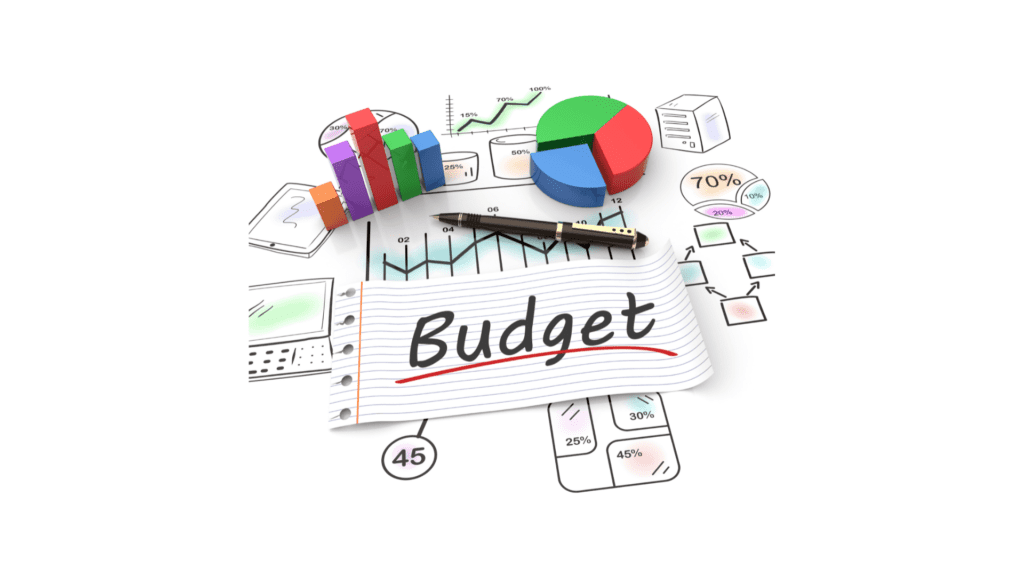
Introduction
Welcome to our comprehensive guide on budgeting strategies for beginners. In this blog post, we will provide you with valuable insights and practical tips to help you navigate the world of budgeting with ease.
Understanding Budgeting Basics
Budgeting is the process of managing your money effectively. By creating a budget, you gain control over your finances and make informed decisions about how you spend and save. It’s important to understand the benefits of budgeting and dispel any misconceptions. It’s even more important during current times of inflation.
Assessing Your Financial Situation
To start budgeting, you need to assess your financial situation. Calculate your income and identify your expenses. Categorize your expenses into different areas such as housing, transportation, groceries, and entertainment. Analyze your spending patterns to identify areas where you can make adjustments.
Setting Financial Goals
Setting clear financial goals is essential for effective budgeting. Determine your short-term and long-term goals, whether it’s saving for a vacation, paying off debt, or building an emergency fund. Prioritize your goals based on their importance and feasibility.
Different Budgeting Strategies
There are various budgeting strategies you can choose from. One popular method is the 50/30/20 rule, which allocates 50% of your income to needs, 30% to wants, and 20% to savings. Another strategy is the envelope budgeting method, where you allocate cash to different envelopes for each spending category. Zero-based budgeting and the pay yourself first strategy are also effective approaches.
Creating a Personalized Budget
Create a personalized budget that aligns with your financial goals and lifestyle. Determine a realistic budget by considering your income and expenses. Allocate funds to different categories based on their priority. Don’t forget to allocate money for savings and debt repayment.
Tracking Expenses and Monitoring Progress
Tracking your expenses is crucial for staying on top of your budget. Use tools and apps to simplify expense tracking. Regularly review and adjust your budget as needed. Celebrate milestones along the way to stay motivated.
Dealing with Financial Challenges
Budgeting may come with challenges, but there are strategies to overcome them. Reduce expenses by finding cost-cutting opportunities. Prepare for unexpected financial emergencies by having an emergency fund in place.
Additional Tips for Successful Budgeting
Consider ways to increase your income, such as taking on a side gig or negotiating a raise. Avoid common budgeting mistakes, like underestimating expenses or not accounting for irregular costs. Seek professional advice if you need guidance on complex financial matters.
Conclusion
Congratulations! You now have a comprehensive understanding of budgeting strategies for beginners. Start implementing what you’ve learned and take control of your finances. Remember, budgeting is a continuous process, so regularly review and adjust your budget as needed. By practicing good budgeting habits, you’ll be on your way to achieving financial stability and reaching your goals.
